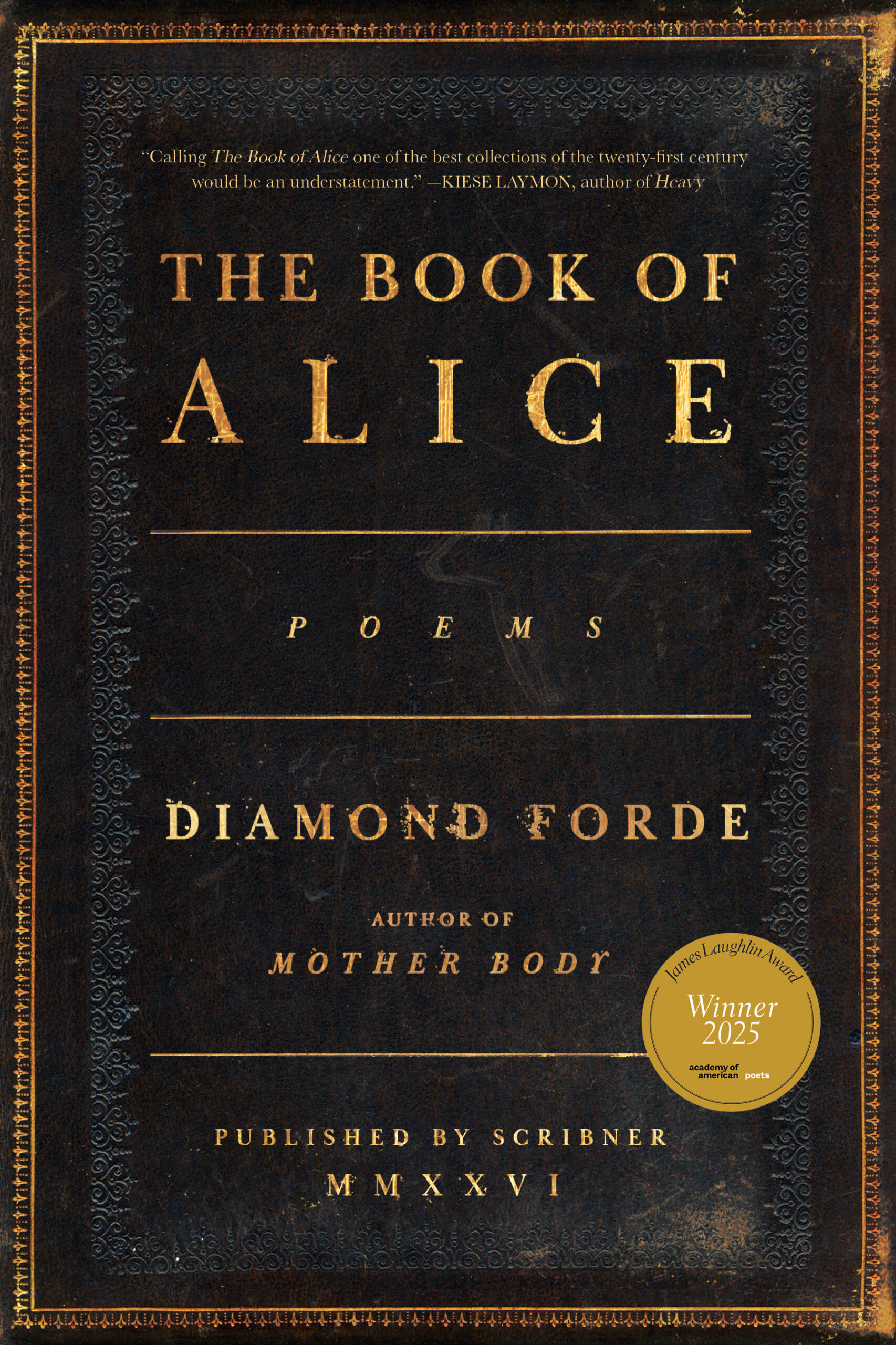With DIANE ROBERTS

Your name: Diane Roberts
Current city or town: Tallahassee, Florida
How long have you lived here? A slightly more complicated question than it would seem. I was born in Tallahassee and lived here till I went abroad to university. I spent ten years in England and fourteen years in Alabama and then came back to Tallahassee. The short answer is that, in my head, I’ve lived here all my life.
Best time of year to visit? Late February or early March. It’s spring and that ain’t no joke: azaleas, dogwood, redbud, daffodils all going boom at once.
Three words to describe the climate: hot wet towel.
1) The most striking physical features of this city/town are…
Trees. Oak trees—six kinds. Pecan trees, pine trees, cedar trees, cypress trees, dogwood trees, sweet gum trees, et al. When you fly over Tallahassee, it looks like a forest punctuated by 1. A tall (22 storey), ugly Brutalist capitol building; 2. A gigantic football stadium; 3. Some lakes.
2) Historical context in broad strokes and the moments in which you feel this history…
Well, Florida’s notorious for bad political behavior. We stole our first presidential election in 1876. Then there was the 2000 vote recount imbroglio. The state is, no matter what people in Orlando or Fort Lauderdale may say, part of the South. Our legislators still like those Jim Crow-era laws that make it harder for the poor and people of color to vote. One feels this history every damned year when the Legislature tries to curtail early voting, reduce polling places, and the like. We are, sadly, slow learners.
3) Common jobs and industries and the effect on the town/city’s personality…
The oft-used phrase is “company town”: many, many people in Tallahassee work for the state government (this is the capital, after all) or for one of the two universities or for the very big community college—all of which are state-funded. Every spring, the town is occupied by tanned men and women from the bright, concrete nether regions of Florida, come up for the legislative session. They drive Hummers and Lincoln Navigators. They honk their horns a lot. We’re more of a Volvo/Honda tribe. To us, horn-honking is damned rude. Tallahassee is mostly progressive, interested in culture—though not enough to support an independent bookstore—and keen on recycling. There are interesting people to talk to in the line at the grocery store. But there’s starting to be too much money. Lobbyists used to just visit. Now they live here in gated communities with stupid names. They do not understand that we worship trees (see above). They vote Republican. There goes the neighborhood.
4) Local/regional vocabulary or food?
Worm-grunting: one obtains a worm with which to fish by making a certain noise. Sopchoppy, a little town down in the swamps, has an annual festival to celebrate this ancient skill. Food? Fried mullet; Silver Queen sweetcorn; hush puppies; sour cream pound cake; Apalachicola Bay oysters, though they technically come from seventy miles away on the Gulf.
5) Local politics and debates frequently seem to center on…
Trees. When to cut one down. What should happen to the jerks who clear-cut a piece of land (the fines are too low). Oh, and football players. Every year some of FSU’s football players get in trouble. Much hand-wringing occurs.
Diane Roberts writes for The Guardian, the Tampa Bay Times, and The Oxford American. She is the author most recently of DREAM STATE, an historical memoir of Florida, and is currently working on a book about college football.



